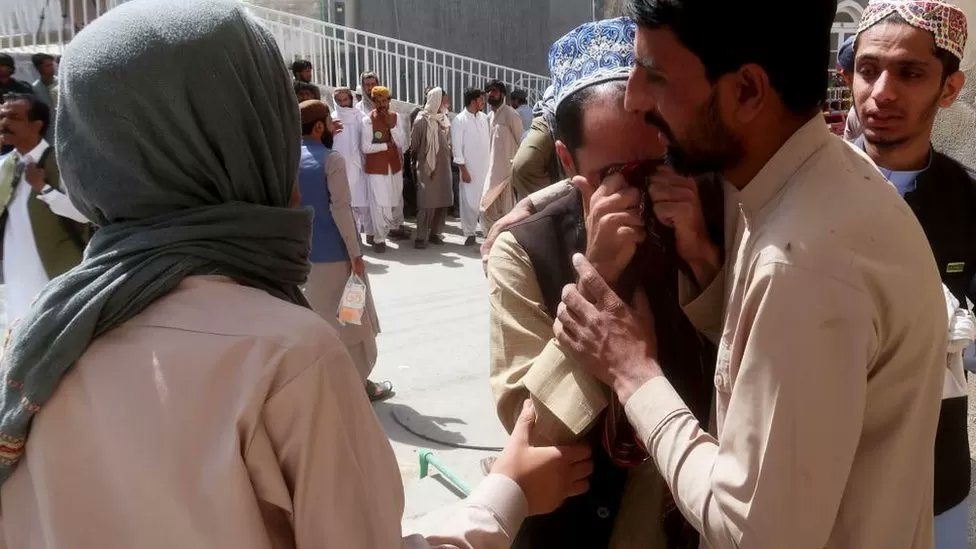The congregation gathered to mark the birth of Prophet Muhammad.
Qatar has strongly condemned deadly twin blasts that rocked Pakistan’s Balochistan and Khyber Pakhtunkhwa provinces on Friday, targeting worshippers commemorating the birth of the Prophet Muhammad.
The attacks have left at least 64 people dead and numerous others injured.
The ministry reiterated Qatar’s steadfast position against violence and terrorism in a statement on Friday, stating that it “expresses its strong condemnation and denunciation of the two explosions that targeted a mosque near Pakistan’s city of Peshawar and a religious gathering in Baluchistan.”
“It [MoFA] also stressed its categoric rejection of targeting places of worship and terrorising peaceful people,” the statement read.
Doha also extended its condolences to the victims’ families, as well as to the government and people of Pakistan.
At least 60 people were killed in the first of the two attacks, a suicide blast that tore through a religious procession in the Mastung district of Balochistan. Assistant Commissioner Atta Ul Munim disclosed that an additional 50 individuals sustained injuries in that explosion.
Captured footage from a local resident showed the congregation gathered to mark the birth of Prophet Muhammad, mere moments before the devastating explosion occurred. A senior police officer was identified as the target of the attack and was among those killed.
Caretaker Prime Minister of Pakistan, Anwar-ul-Haq Kakar, strongly condemned the atrocity in Mastung. His office issued a statement extending “condolences to the families of those who died” and offering “prayers for forgiveness for the deceased and patience for the families.”
The impact of the Mastung explosion had ripple effects far beyond the immediate area.
Police in Karachi, roughly 600 kilometres (approximately 370 miles) away, were put on “high alert,” as revealed by a statement from the inspector general.
Recent months have seen Balochistan, Pakistan’s largest province by area, plagued by a series of attacks fuelled by a longstanding separatist insurgency.
Separatists accuse the Pakistani state of monopolising and exploiting the province’s mineral resources.
Notably, an attempt to attack Chinese engineers in Balochistan last month was foiled, resulting in the deaths of two militants, though the Chinese workers remaining unharmed, according to police reports.
Earlier this year in March, a suspected suicide blast resulted in the death of at least nine police officers and left 11 others injured.
In a separate attack that occurred just hours after the Mastung incident on Friday, an explosion at a mosque near the city of Peshawar in Khyber Pakhtunkhwa province resulted in at least four deaths and 11 injuries.
Local police reported that two men on motorcycles began shooting at officers before targeting the mosque with explosives, causing its roof to collapse.
As of now, no group has claimed responsibility for either of the deadly incidents, both of which occurred during a tumultuous period for Pakistan as it gears up for general elections in January.







